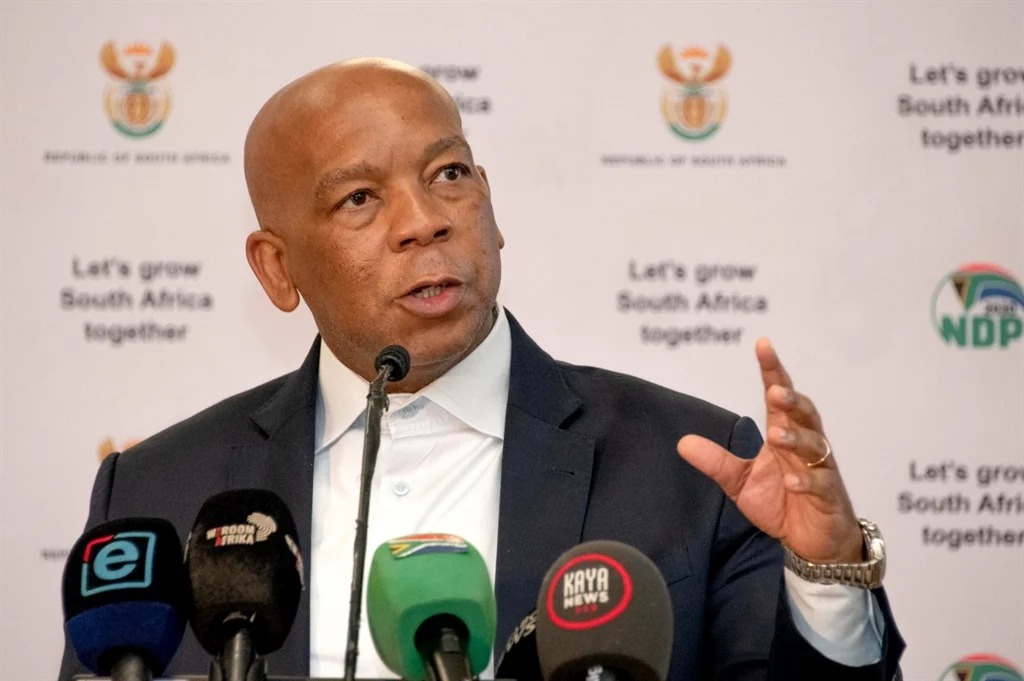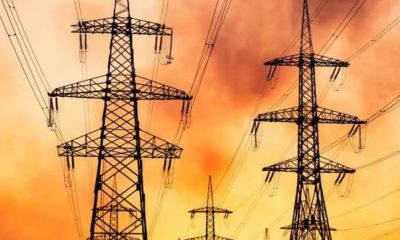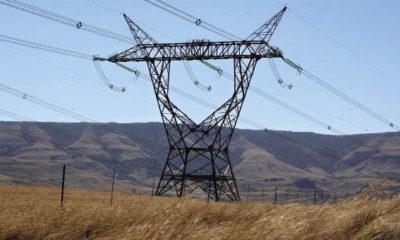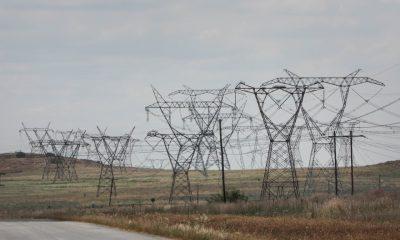News
Ramokgopa promises plan to end load reduction in South Africa

A new chapter in the power story
South Africans have grown used to the language of power cuts, from scheduled load shedding to the more unpredictable load reduction. Now, Electricity and Energy Minister Dr Kgosientsho Ramokgopa has confirmed that the government is preparing targeted interventions to bring load reduction to an end.
The announcement marks a significant shift. With national load shedding largely stabilised, attention is turning to localised network failures that have continued to frustrate households, particularly in high-density or vulnerable areas.
What makes load reduction different
Unlike the national rotation of load shedding, which was introduced to protect the integrity of the grid, load reduction happens in pockets. It is a controlled shut-off of power in specific communities where local networks are overloaded, often during peak hours.
The practice has been most common in areas where energy losses are high and illegal connections put extra pressure on infrastructure. For residents, it has often felt like being punished twice: first by the impact of load shedding, and then by the added reality of load reduction.
Protecting infrastructure vs punishing communities
According to the Department of Electricity and Energy, these measures have been necessary to safeguard infrastructure from collapse. Yet the lived experience has been frustrating, with residents frequently left without answers on why their suburb or township is affected while others are not.
This makes Ramokgopa’s planned interventions critical. His ministry has promised to reveal a roadmap that addresses both the technical causes and the social pressures behind load reduction. For communities where trust in energy supply is already thin, these details cannot come soon enough.
Public expectation and political weight
Public reaction to the announcement has been cautious. Many South Africans still remember how quickly the term “load shedding” became normalised in daily life. There is hope that ending load reduction will not be another short-term promise, but rather a lasting fix that restores confidence in the system.
Politically, the timing is also important. Electricity remains one of the most sensitive issues in the country, shaping everything from business stability to the quality of family life. Ramokgopa’s leadership on this matter will be closely scrutinised, both by the communities most affected and by observers looking for signs of long-term reform.
A chance to rebuild trust
Ending load reduction is more than a technical milestone. It is about acknowledging the uneven impact of South Africa’s power struggles. If successful, these interventions could set a new tone for how government delivers basic services and protects vulnerable infrastructure without disproportionately disadvantaging certain communities.
For now, all eyes remain on the Minister’s briefing, which is expected to provide the clearest signal yet of how the government plans to close this chapter in the country’s electricity crisis.
Also read: A Dangerous Precedent”: Retired Interpol Expert Condemns Mchunu’s Task Team Disbandment
Follow Joburg ETC on Facebook, Twitter, TikT
For more News in Johannesburg, visit joburgetc.com
Source: IOL
Featured Image: News24



























